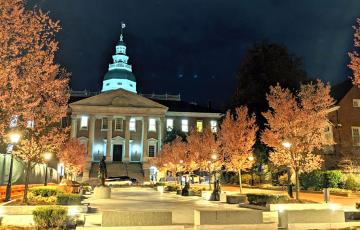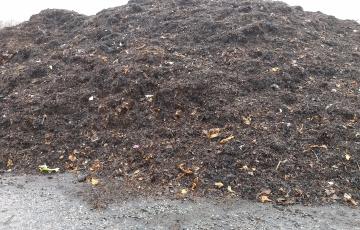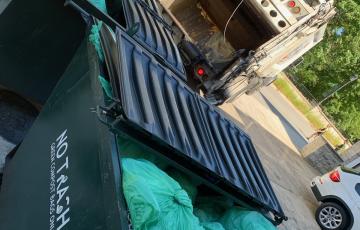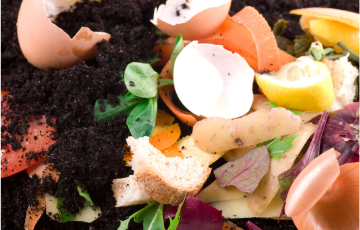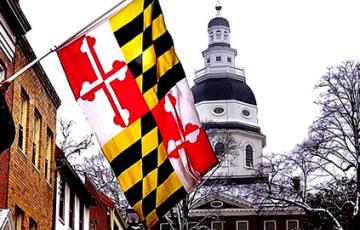blog
2023 MD Legislative Session Wrap Up
Every year, Maryland's General Assembly meets for just 90 days at the beginning of the year. It was a busy, hectic legislative session, and it just ended on Monday! We've been hard at work lobbying and organizing for clean air, clean water, and healthy communities. Here's how our top priorities fared!
